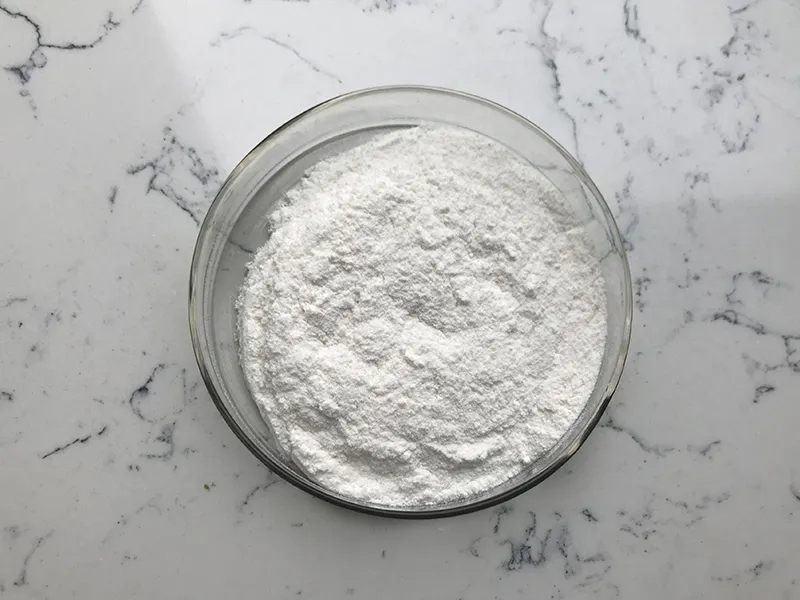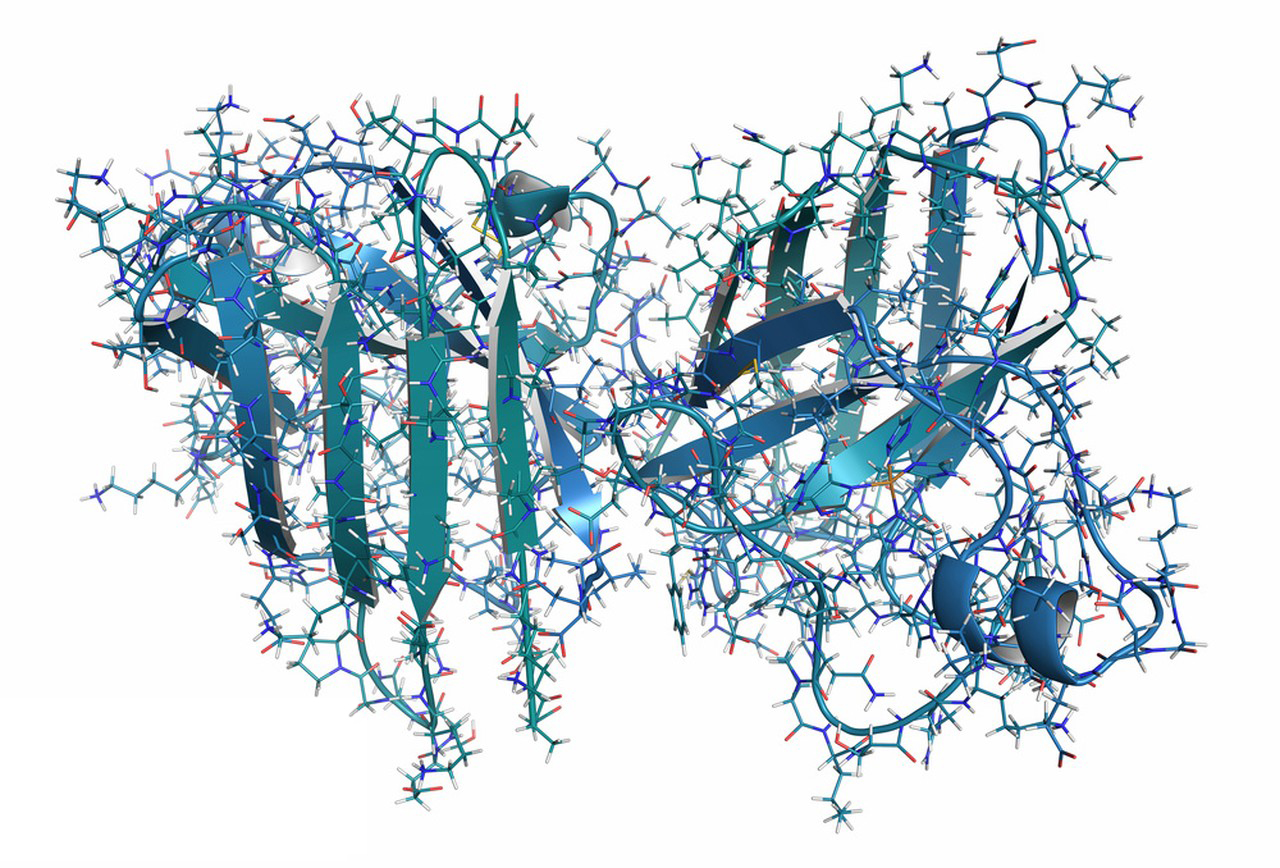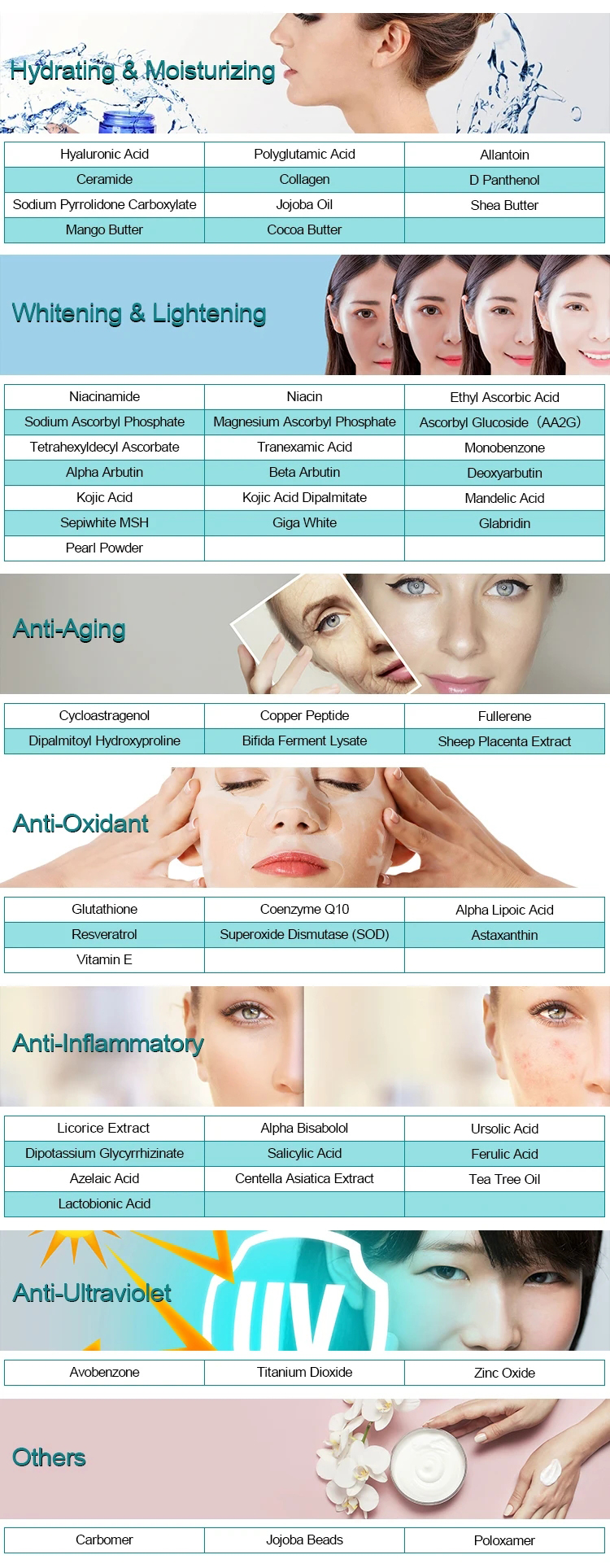Superoxide dismutase (SOD) is an enzyme that plays a crucial role in the body’s antioxidant defense system. Its primary function is to catalyze the conversion of superoxide radicals into less harmful molecules, such as oxygen and hydrogen peroxide. Superoxide radicals are highly reactive and can cause damage to cells and tissues, contributing to oxidative stress.
There are three main types of superoxide dismutase, categorized based on the metal cofactor they contain:
Copper-Zinc SOD (Cu/Zn SOD): Found in the cytoplasm of cells, this form is the most common type of SOD.
Manganese SOD (Mn SOD): Located in the mitochondria, this form helps protect the mitochondria from oxidative damage.
Extracellular SOD (EC SOD): Found in the extracellular space, this form provides antioxidant protection outside of cells.

By neutralizing superoxide radicals, Superoxide dismutase helps prevent oxidative stress and protects cells from damage caused by free radicals. This enzyme is essential for maintaining cellular health and is involved in various physiological processes. Additionally, some studies suggest that SOD may have potential therapeutic applications in conditions associated with oxidative stress, although more research is needed in this area.
How to use Superoxide Dismutase?
Superoxide Dismutase (SOD) is an enzyme that plays a crucial role in the antioxidant defense system of the body by neutralizing superoxide radicals. It is naturally present in the body, but it can also be obtained through certain foods or supplements. Here’s how you can use Superoxide Dismutase:
1.Dietary Sources:
Include foods rich in Superoxide dismutase in your diet. These may include fruits (such as melons, oranges, and strawberries), vegetables (like broccoli, spinach, and potatoes), and certain legumes.

2.Supplements:
Superoxide dismutase supplements are available in various forms, including capsules and tablets. You can take these as directed by a healthcare professional.
It’s important to consult with a healthcare provider before starting any new supplement regimen to ensure it’s safe and suitable for your individual health needs.
3.Topical Use:
Some skincare products contain Superoxide dismutase for its potential benefits in reducing oxidative stress on the skin.
Follow the instructions provided on the skincare product for the best results.
4.Health Conditions:
If you have a specific health condition, consult with your healthcare provider to determine if Superoxide dismutase supplementation is appropriate for you. Superoxide dismutase is sometimes used in certain medical treatments.
5.Follow Guidelines:
Always follow the recommended dosage guidelines provided on the supplement packaging or as advised by your healthcare professional.

6.Combination with Other Antioxidants:
Superoxide dismutase is often used in combination with other antioxidants like catalase and glutathione for a synergistic effect in combating oxidative stress.
Remember, while Superoxide dismutase is generally considered safe, individual responses may vary. It’s crucial to seek advice from a healthcare professional before adding any new supplement to your routine, especially if you have existing health conditions or are taking medications.
